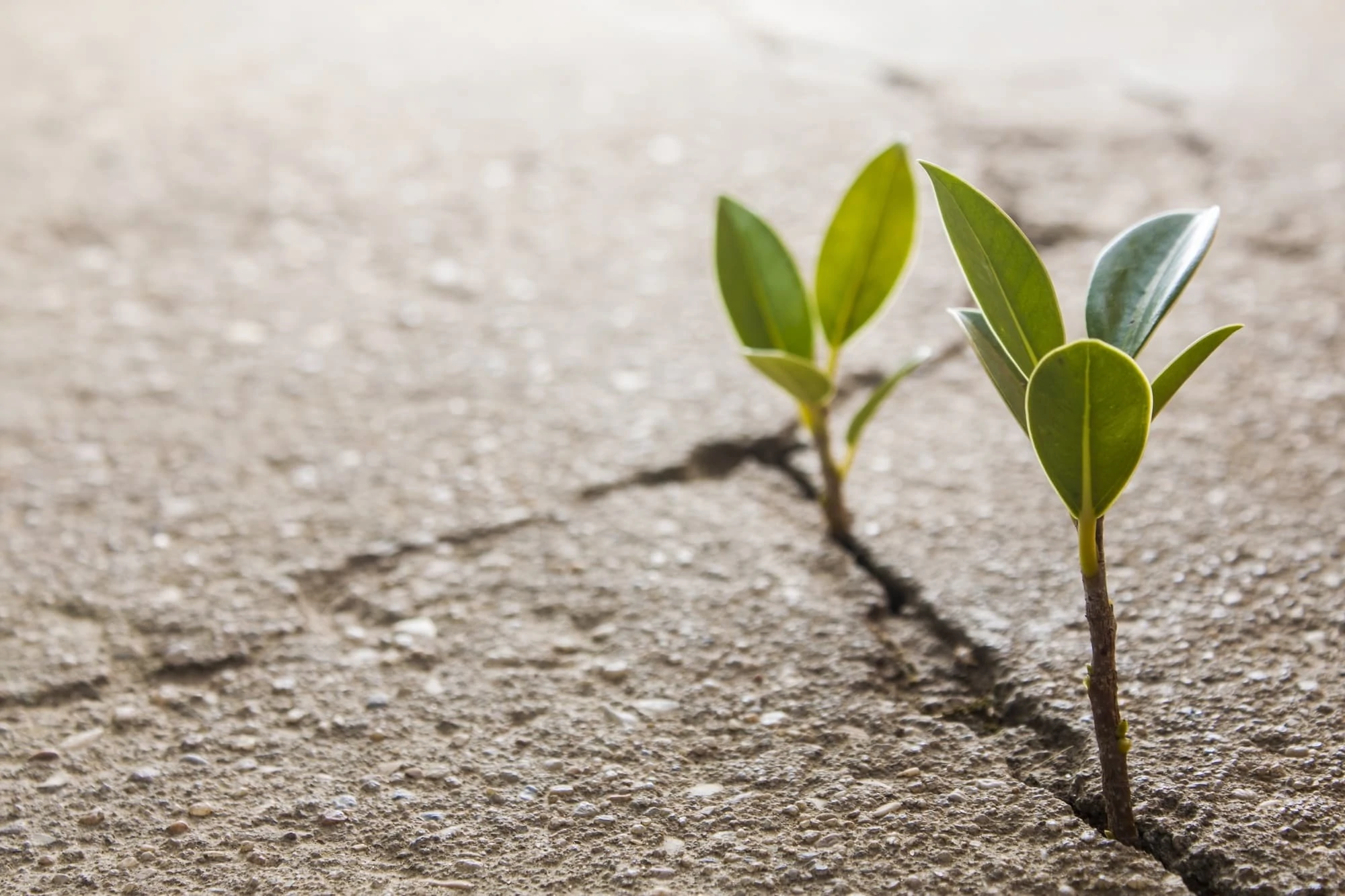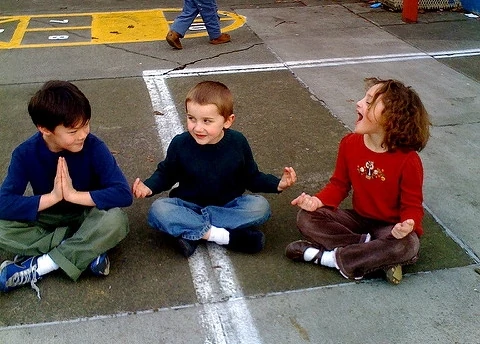Some people seem to think of hope as kind of a feeling that comes and goes. Others understand it more as part of a person’s very constitution – you’re either an optimist or a pessimist, and once the thought pattern is set, that’s that.
But in fact, hope is something essential to life itself. According to clinical therapist Dr. Winfried Sedhoff, that’s because of the way our brains work.
We are human and made to survive in the natural world. For our survival, nature kindly gave us basic, essential, desires to ensure we do the minimum necessary to live and thrive.
Such desires include hunger, thirst, a need for shelter, to have families, and be among others like us, a community – we were made to be social. Nature also gave a brain that loves to predict the future.
Every day, whether we are aware of it or not, our brain is continually predicting our future to help us survive. To know not to step in front of a fast-moving car can save our life. To see what we need to do to be able to provide for our family means we don’t become extinct.
Now, suppose in its future imaginings our brain sees we won’t be able to have one of our essential basic human needs met. How might that feel? Not good. Now imagine that within the stories we can’t see how we can have any of our basic human needs met. How might that feel? Hopeless.
Hope is nature talking to us. If it seems we can fulfill what it needs of us, it gives us a great big carrot – a huge incentive – and the energy to do what it wants us to do – motivation. But why give us the energy to do what it knows won’t benefit us? It doesn’t.
To be hopeless is to lose all motivation to do what we need to live.
To have hope is to hold positive feelings about the future. It’s anticipation of good things to come. And this may be why so many of us have at least sometimes felt hope-challenged through this pandemic. It can be hard to imagine returning to “normal” life and the public sphere we used to know.
Yet in this still-new year, there is more to give us hope. Clearer national leadership. Effective vaccines. Teachers getting vaccinated and schools reopening. We are even projecting an in-person Summer Intensive here in Oregon this August – our favorite training of all!
But hopefulness doesn’t depend on external factors. Like gratitude, it can be nurtured and strengthened and sustained, so that even under the most dire circumstances, it can keep us moving forward. Hope is what moves us from passivity to action.
So here are 6 tips for developing a hopeful mindset…
Continue to Practice Mindfulness
What your reactive brain tells you about a situation doesn’t always jibe with reality. It’s not that your emotional response is wrong. Each of us feels what we feel. But emotion also colors perception. Mindfulness helps us take stock non-judgmentally, being aware of what’s actually happening, right here, right now – and can help us recognize opportunities for action towards change.- Focus on Problem-Solving
Finding possible solutions to the challenges we face necessarily engenders hope. What specific things can you do to either change the situation or at least change how you respond to it? This practice also entails acceptance that some things really are outside of your control – and prompts you to refocus on all of those things that you can control. - Talk It Out with a Loved One or Trusted Ally
Vent. Share your worst fears. Share your concerns. But also listen to the perspective they offer in return. That perspective is a gift that can help you uncover solutions and find a way forward. You may be reminded of all the strengths and resources you have to deal with difficulties. At minimum, connecting with another can help ease the sense of isolation that can make hope seem absolutely impossible. Practice Gratitude
Gratitude can remind us of past times when we’ve struggled yet found a way through and hope restored, often through the loving kindness and support of others. So journal. Write thank-you notes. Practice random – and not-so-random – acts of kindness, paying it forward. Reaching out to others shifts our thinking away from our own needs and bolsters more positive feelings about ourselves, our abilities, and, most importantly, our future.- Take Stock of What You’ve Got
Many of us don’t take time to recognize our own strengths and resources – or at least not as easily as we can tally our shortcomings. As with a gratitude list, make an accounting of everything you’ve got going for you. This can also help you build problem-solving muscle while opening up the way to more future-oriented thinking. - Feed Your Brain & Your Heart with the Stuff that Sustains
The lyricist Yip Harburg – you know his work from The Wizard of Oz and songs like “It’s Only a Paper Moon” – once suggested that the difference between his and younger generations of songwriters is that his own had more hope. But that’s not entirely true. Every generation has its music – and movies and art and other creative expressions – that make us feel good, filling us with happiness, hope, and energy. Indulge in them. Fill your brain with what makes you feel great. Similarly, keep positive people around you – people who make you feel good about yourself and the world we live in, who make you feel loved. Love them in return.
A Few Resources
- For some helpful worksheets and other resources for thinking about hope (which can itself help you feel more hopeful), check out this page from Positive Psychology.
- This article from the Greater Good offers some terrific tips for helping your students develop hope.
- For more on hope in general – or just a little extra inspiration – watch this collection of TED Talks.


 Continue to Practice Mindfulness
Continue to Practice Mindfulness Practice Gratitude
Practice Gratitude

